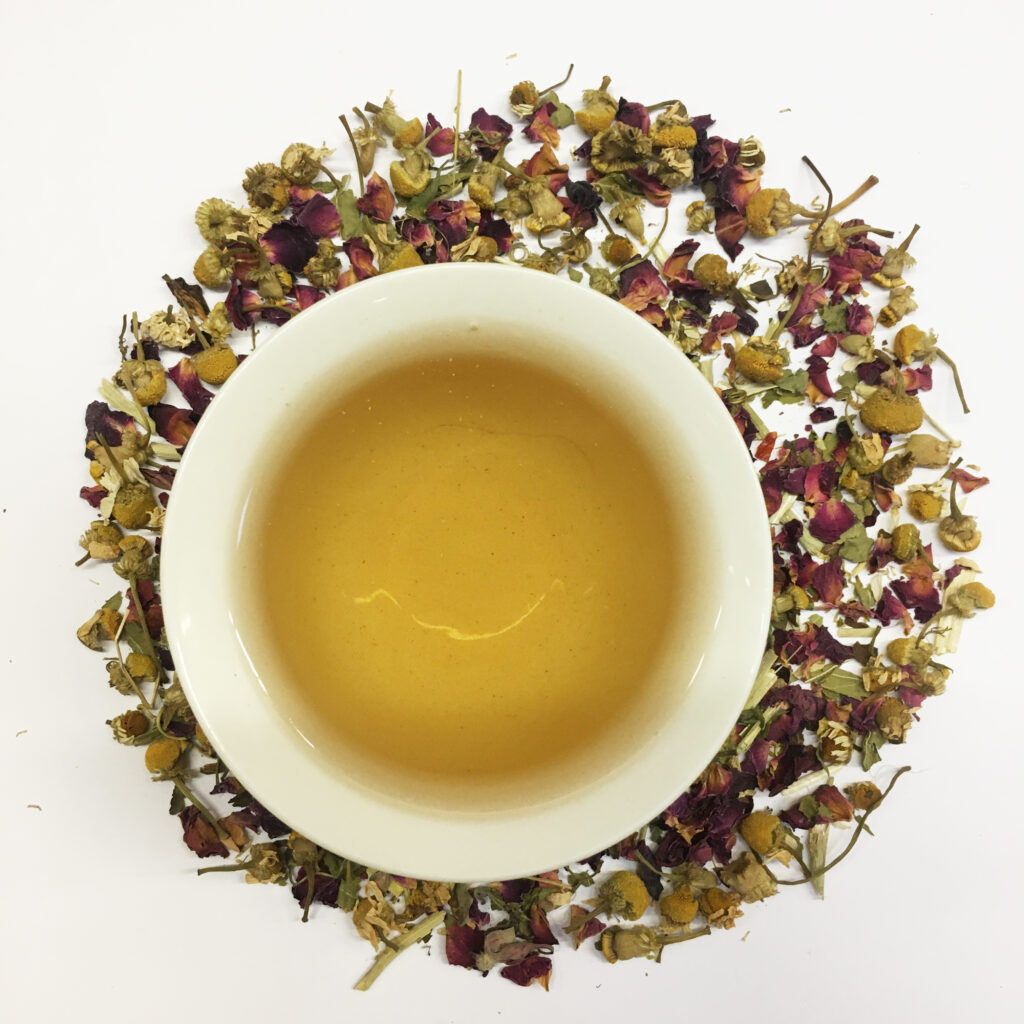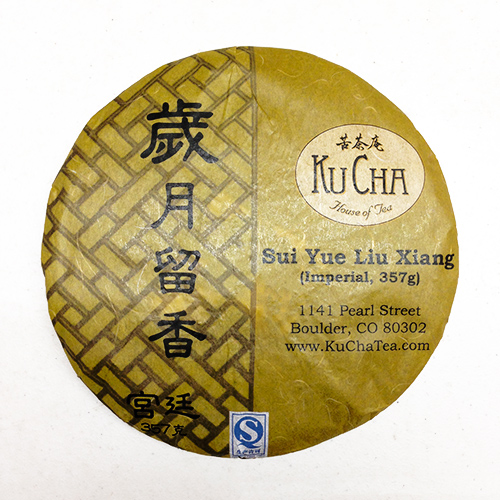A Trio of Teas Perfect For College Students — And Their Parents
For many students, the leap from high school to college is a long one. Gone are the comforts of home, the oversight of mom and dad, and the sometimes tedious procession of classes, many of which hold little interest for different students, depending on their passions.
Suddenly, they are on their own. It’s up to them to find new friends, to pick classes, to carve out time for studying, and to budget with more care; after all, the family cupboards and refrigerator no longer offer their complimentary abundance.

Meanwhile, parents also wrestle with adjustments. If they have one child, and she’s off to college, they are empty nesters. If more than one, they’ve still got kids at home, but the household dynamics change. And they still worry about the former toddler who now is alone in college and making his first big steps into the adult world.
Most families could always use a little help, regardless of whether they still are struggling through the car-seat phase, navigating the tempestuous middle school years, marching through semesters of high school physics and English or exploring the new world of college. And for us, help often arrives in liquid form: tea.

We think our favorite beverage serves as balm for kids of all ages. But tea can be especially helpful for college students, whose brains are being stimulated as never before. The demands of applied statistics, political theory and art history call for assists from complementary teas. And when it’s time to sleep, after hours of intense brain activity, tea can help slow down the mental machinations, and invite drifts into sleep.
Parents of college kids, too, benefit from tea. As the college journey is new for both kids and parents, we recommend trying something novel.
Teas for College Students: Milk Oolong

We call it Milk Oolong because one of the ingredients, non-dairy creamer, is often referred to as a kind of milk. Also, Milk Oolong sounds a lot better than “Non-Dairy Creamer Oolong.” Either way, this quickly emerged as one of Ku Cha’s most beloved teas, and years after we introduced it, our Milk Oolong remains a customer favorite. This is not surprising — it’s wonderful.
This tea rests on a foundation of superb oolong, a style of traditional Chinese tea that invites oxidation into the manufacturing process, but arrests it before the tea turns from oolong into another category of tea: black. Oolong is famously complex — not as grassy and herbal as green tea, nor as bold and strong as black. The twist to this oolong is the step wherein the oxidation is stopped; prior to roasting the leaves, the artisans who make this tea steam it in non-dairy creamer. This simple process transforms the tea into a creamy, subtly sweet brew. For college students, Milk Oolong will power them through long days of classes and studying, adding zip to the mental efforts without the all-too-familiar jitters that come with too much coffee or other high-caffeine products.
Teas for College Students: Zen Time Blend

Sleep doesn’t always come easy for college students. Classes and studies jolt the brain across the day, dorms can be loud, and persistent anxiety about the new environment and its wealth of fresh social and academic challenges tends to hang around most of the time. Yet sleep is essential for achievement of any kind, including the stuff of books and lectures, and the stuff of developing a new groups of friends.
No other category of beverage offers as many sleep advantages as tea. While traditional Camellia sinensis contains caffeine (unless it decaffeinated) and thus is not a strong candidate for sleep encouragement, herbal teas incorporate an enormous range of botanicals that do help drift people into la-la land.
Our Zen Time Blend serves as an ideal sleep partner. One of the keys is passionflower, a botanical ingredient used around the world to help manage symptoms of stress, anxiety and more. Among other things, passionflower can help bring people into deep states of sleep. The blend’s other ingredients — rose, rosehip, chamomile and peppermint — also contribute toward turning sleepless nights into extended states of rest.
For students having a tough time winding down after long days of activity, Zen Time is just the ticket.
Teas for College Parents: Sui Yue Liu Xiang Ripe Puerh

With at least one of the kids out of the house and finding new paths in college, we think it’s time for parents to explore novel things as well. One category of tea that is prized by tea aficionados but relatively unknown outside of China is puerh, the only major style of tea that undergoes fermentation. Where other major tea categories — white, green, oolong and black — are largely defined by the extent to which they underwent oxidation, puerhs add another dimension, fermentation, to the mix. In essence, microbial activity on the tea leaves alters their color and flavor. The results are outstanding. Without a doubt, puerhs are profoundly complex teas, offering wide ranges of flavors that can evoke things like a forest floor during autumn, or fresh mushrooms, or smoke. The list goes on.
Puerh is often shaped into cakes and aged prior to being sold, and it offers two styles: raw and ripe. Raw puerh involves tea leaves that artisans roast shortly after harvest, sun-dried, steamed, formed into round discs and aged. People often sip raw puerh shortly after it is formed into cakes. Ripe puerh undergoes many of the same processes. However, before crafting into cakes tea farmers engage with a process called “wet piling,” where they assemble the leaves into tall piles and spritz them with water. Over time, fungi and bacteria from the Aspergillus family develop within the piles and enhance the fermentation process. Eventually, farmers press the tea in piles into cakes or bricks, and age them for longer before putting the tea up for sale.
Both styles offer intriguing flavors, with the raw puerh projecting slightly more grassy, fresh and floral aromas and flavors, and the ripes broadcasting a bit more funk and forest-floor notes.
Sui Yue Liu Xiang ripe puerh, from LinCang County in Yunnan Province in China, means “Fragrance of the Age,” and is made from Gong Ting Grade puerh. The tea brews strong, smooth and earthy, with notes of pipe-tobacco and citrus. Tea lovers re-infuse it a dozen times or more; with each steeping, the tea tastes different.
It’s a fantastic puerh, and perfect for aging for longer in an arid climate like Colorado’s.
And we think it’s precisely the kind of novel discovery that any college parent will appreciate as they explore new family dynamics in the wake of a child vacating the home and tip-toeing into adulthood.

